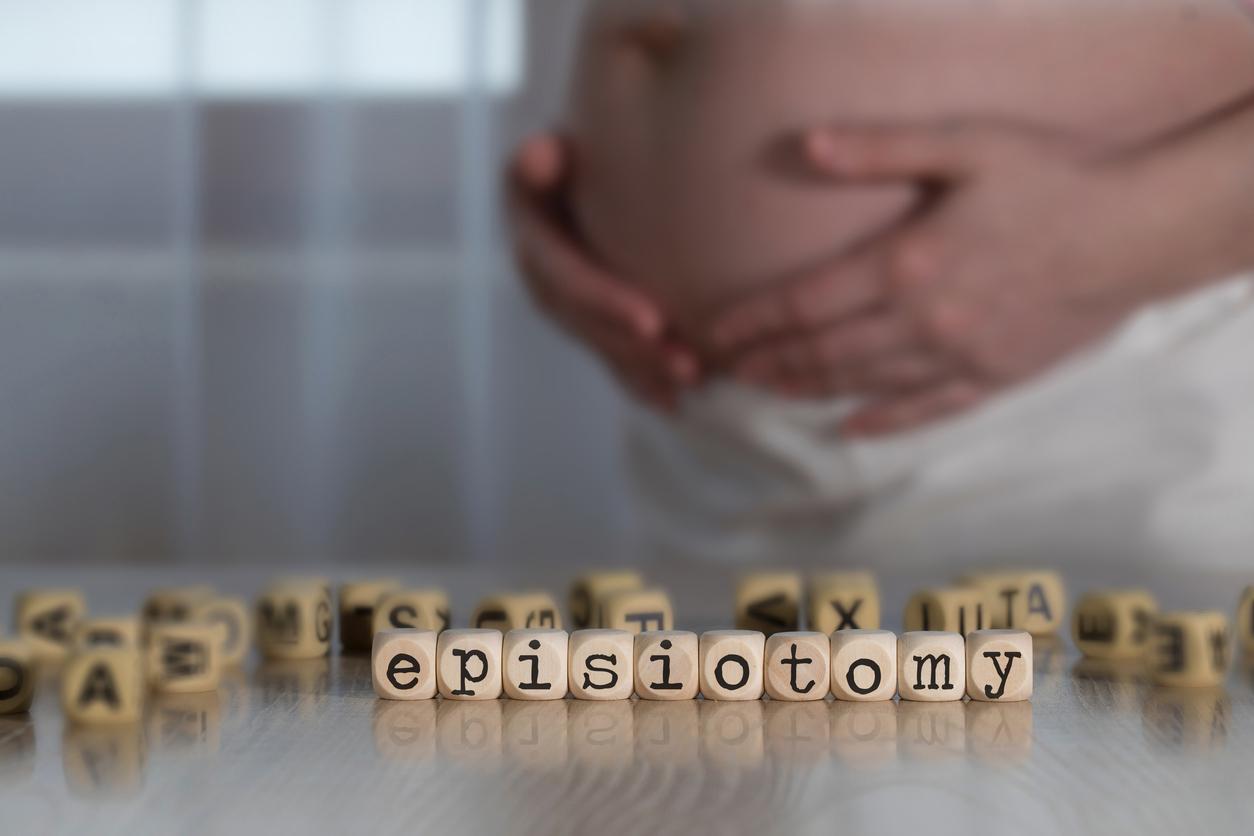In Dallas, a woman gave birth to a healthy child following a uterine transplant. This is the first time that such a pregnancy has resulted outside Sweden, a pioneer in the field.

This is a first on American soil. At Baylor Hospital in Dallas, a woman born without a uterus as a result of a birth defect gave birth last month. The baby, a little boy, is healthy. She had undergone a uterine transplant in September 2016, as part of a clinical trial involving ten women. Another woman is also pregnant and two others are trying to conceive, reports the New York Times.
Uterine transplantation offers great hope for many women deprived of a uterus for congenital or medical reasons. In 2014, Sahlgrenska University Hospital, attached to Gothenburg University in Sweden, received the very first birth from a uterus transplant. Other births had taken place, but always in Sweden. This is therefore the first time that the technique has ended up in another department.
From living donor
In fact, uterine transplantation is not a trivial operation. The collection from a living donor, used in Dallas as well as in Gothenburg, lasts five hours and is not without risk. This involves removing the uterus while conserving the surrounding blood vessels as best as possible, to allow good revascularization of the transplanted organ. For this reason, and because the tissues must be immunologically compatible, the donor often comes from the family – mother or sister.
From an ethical point of view, uterine transplantation raises many questions. Unlike other transplants, the purpose of which is vital, it aims to allow the recipient to give life. It is therefore, in reality, a technique of medical aid to procreation. Transplantation is also ephemeral: after one or two pregnancies, it is customary to remove the implanted uterus, in order to avoid the risks associated with immunosuppressive treatment.
Test in progress in Limoges
Under French ethical laws, uterine transplantation is therefore intended for women in a couple who are unable to conceive because of a medical problem: congenital anomaly (MRKH syndrome), hysterectomy after cancer or uterine tuberculosis. It is estimated at 2000 or 3000 the number of women of childbearing age concerned in France. Often seen as a credible alternative during surrogacy (surrogacy), uterine transplantation in 2015 was the subject of an encouraging report of the Academy of Medicine.
In France, a clinical trial has been underway since last year at the Limoges University Hospital, on eight women. Unlike the approaches used in Sweden and the United States, it relies on uterine transplantation from a deceased donor. A daring choice: for the time being, pregnancies resulting from such transplants have never been successful. But such a process would have the major advantage of avoiding the risk for the donor.
.















